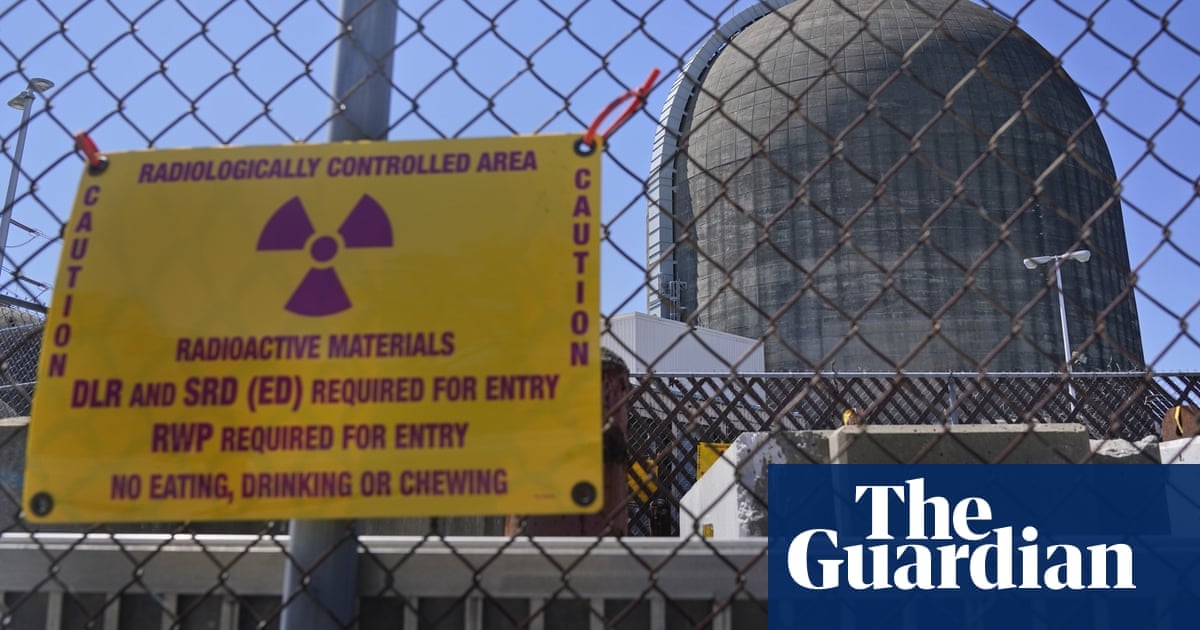- cross-posted to:
- nyc@lemmit.online
- cross-posted to:
- nyc@lemmit.online
Shuttering of New York facility raises awkward climate crisis questions as gas – not renewables – fills gap in power generation
When New York’s deteriorating and unloved Indian Point nuclear plant finally shuttered in 2021, its demise was met with delight from environmentalists who had long demanded it be scrapped.
But there has been a sting in the tail – since the closure, New York’s greenhouse gas emissions have gone up.
Castigated for its impact upon the surrounding environment and feared for its potential to unleash disaster close to the heart of New York City, Indian Point nevertheless supplied a large chunk of the state’s carbon-free electricity.
Since the plant’s closure, it has been gas, rather then clean energy such as solar and wind, that has filled the void, leaving New York City in the embarrassing situation of seeing its planet-heating emissions jump in recent years to the point its power grid is now dirtier than Texas’s, as well as the US average.



Probably should be mentioned too that there’s the very clever idea of simply repurposing existing coal power plants to run nuclear fuel. The main ‘expense’ of nuclear power plants, as I understand, is the general equipment itself, not the nuclear core. Those can be built much quicker than building an entire plant from scratch.
the problem with this concept, is that nuclear plants are built ground up to be a containment vessel. If you can build a core that produces heat, very effectively, and very safely, this is definitely an option. But even the external building of a nuclear reactor is going to be a containment vessel of some kind.